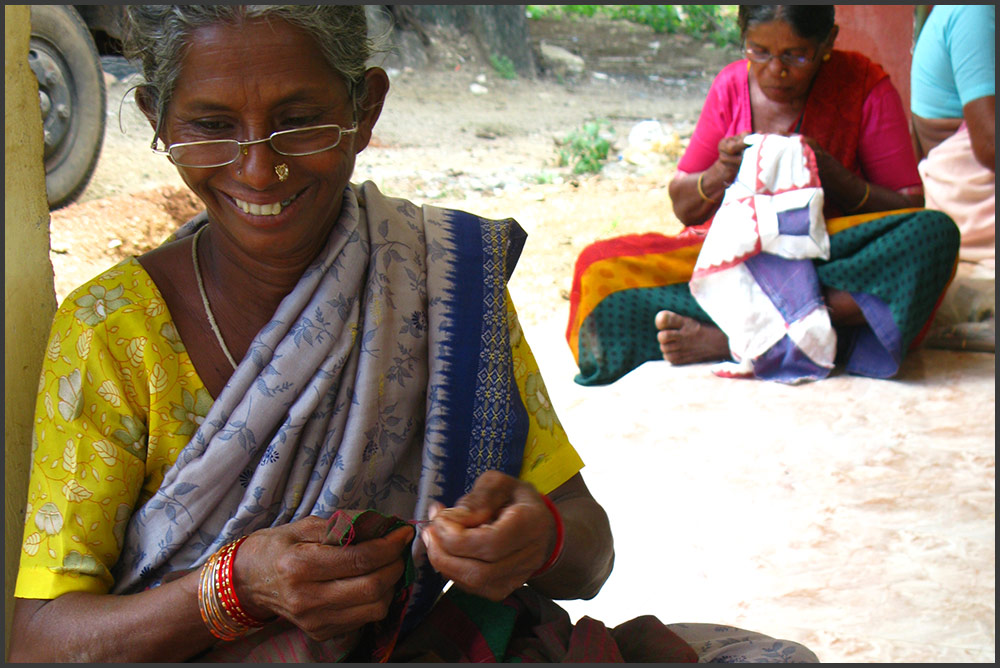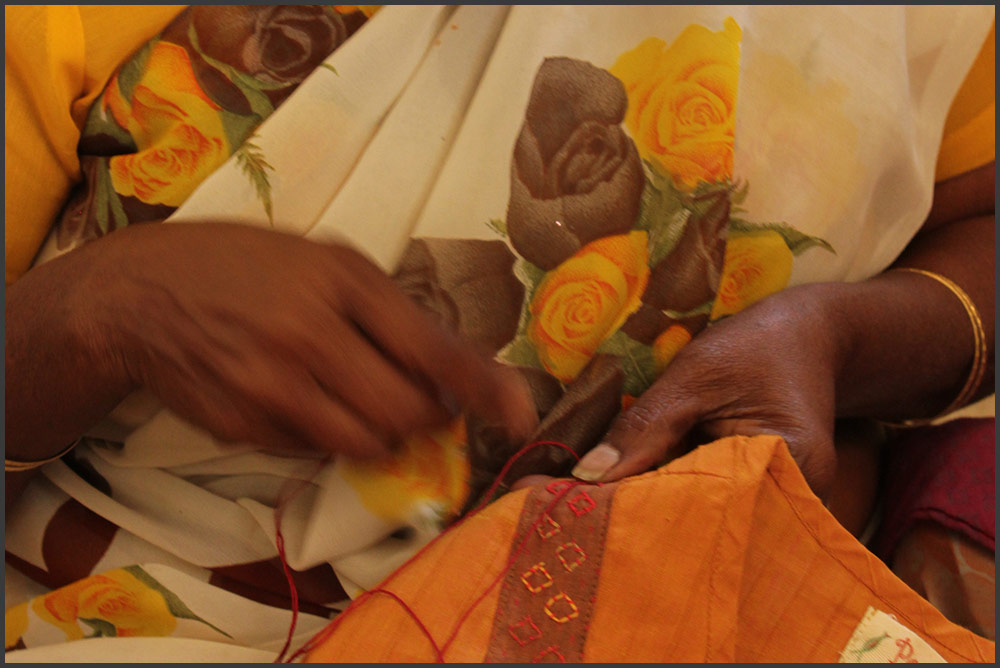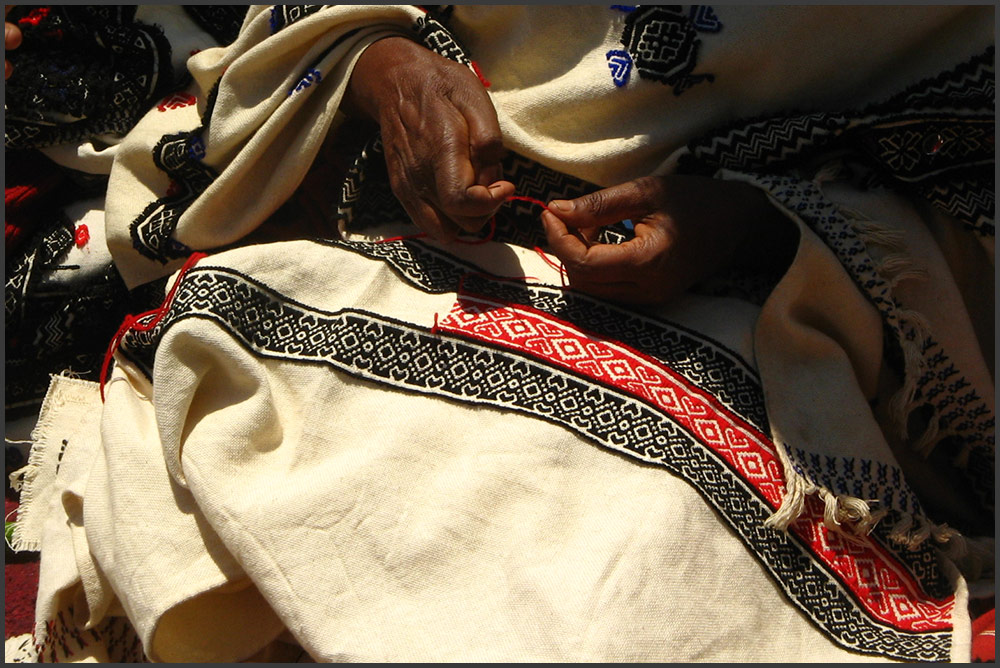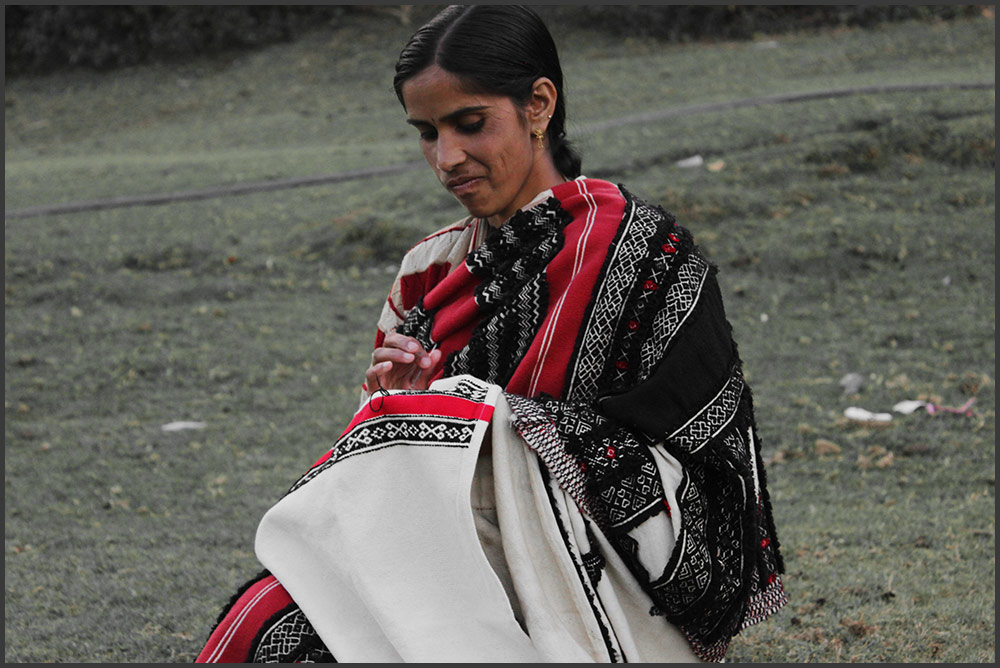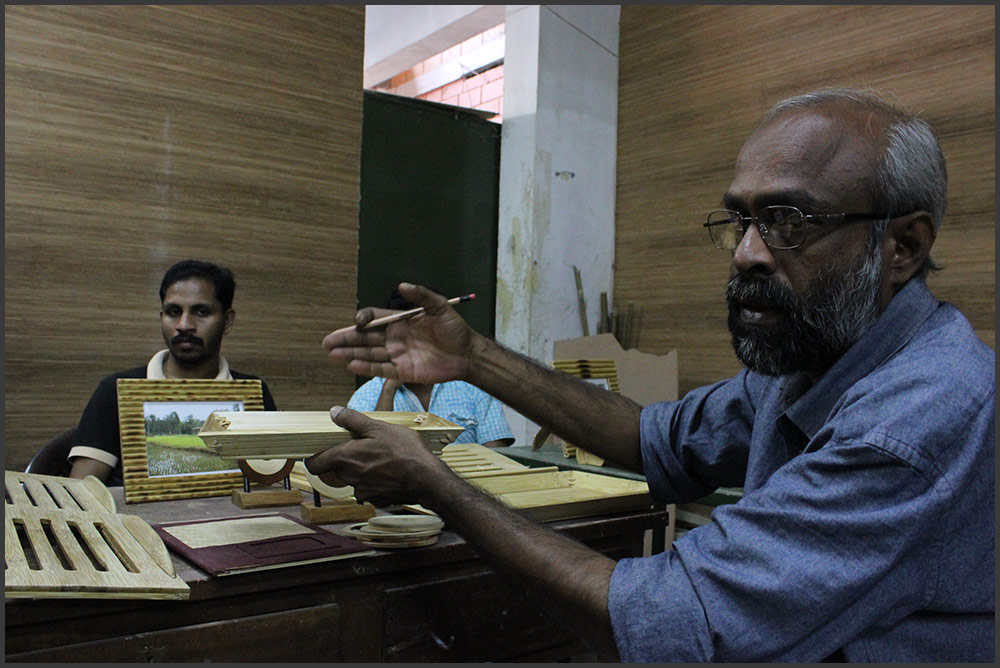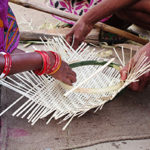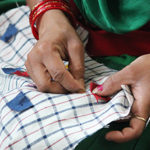
The Tribal Cluster Development Program, supported by RBS Foundation India, aimed at a very specific and targeted approach towards socio-economic sustainability of the tribal artisans while preserving and enhancing their tribal craft production. The main objective of the project was to develop three self-sufficient tribal clusters that are equipped with capacities, tools and techniques to preserve the craft forms and develop the potential to scale their operations to achieve sustainability.
The project was undertaken in three tribal clusters of Southern India i.e. Poragi and Shalom in Tamil Nadu and Uravu in Kerala. Porgai works with the Lambadi tribe in Sittilingi, Shalom works with the Todas of Nilgiri hills of Ooty and Uravu works with the Kurichyas, Kurumas, Paniyas, Adiyars, Kadans, Kattunaikkans, Ooralis of Kalpetta Block in Wayanad, Kerala.
The interventions were planned based on the feasibility study of these clusters and were targeted to build and strengthen their existing value chains. These included steps to aggregate artisans into collectives, develop skill and capacity of artisans, introduce new design techniques for expanding production efficiency and outreach, design innovations and product diversification, streamlining the production value chain, train the cluster on governance, entrepreneurial and business functions to make them self-reliant, introduce tools and technology, set up operational systems development, and establish direct market linkages.
As an outcome of the project it was found that the average monthly income of the clusters has increased by 100-250% and the sales of the enterprises have increased by more than 150%. Artisans who had migrated to cities in search of menial jobs have returned to pursue their traditional livelihood, as opportunities for business have significantly improved. Especially in case of the Toda cluster, continuous work is available to the artisans unlike previous times.
These clusters today are more self-sufficient and enjoy dignified employment and sustainable income from their traditional craft practices.

